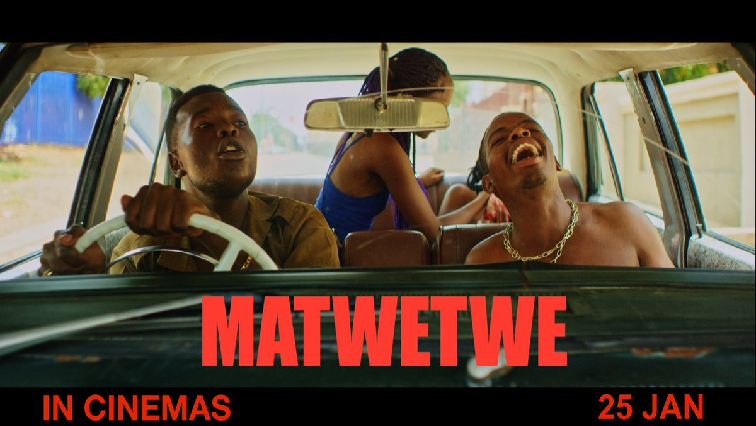Filmmakers are urging government to empower the local industry. One even lamented that the film industry remains white dominated, it’s important for government to level the playing field by coming up with interventions that will empower black practitioners.
The South African Film Summit underway at the Skyrink Studios in the Johannesburg CBD. The summit brings together industry practitioners to discuss ways of growing the industry, among other things.
Arts and Culture Minister Nathi Mthethwa has challenged local film producers to prioritise social cohesion in their storytelling.
Minister Mthethwa says he’d like to see the South African story dominate the narrative in the local film industry.
“What is or what should be our identity today? And the creative would be best positioned to respond to this question. As we gather today, we must not forget the long journey that has led to this point. We must not forget the majority of our people have historically been excluded in the critical processes, and tasks assigned in the value chain in the development of this sector, more importantly young people, women and people with disabilities.”
South African films are making waves overseas. However, most South Africans have not heard about them.
Films such as Catching Feelings, Vaya and Ellen opened to much acclaim overseas, but have not quite taken off locally, mainly because of marketing and access.
Filmmakers say it will take R100 million to build 10 cinemas in townships to reach the target audience for films such as Matwetwe. They say while institutions have made money available for film-making, there are no budgets for marketing.
The artistic director for the Durban International Film festival Chipo Zhou is optimistic about the South African film industry.
Zhou, curator who creates platforms such as the film festival to attract investors and distributors to local films, says, “There is an appetite for South African films abroad and we are seeing a lot of funders coming to the fore. We have a lot of countries. (We) have already had co-production treaties which are still very keen and are still funding. You will find that when films go for example to Berlin distributors are keen to buy that content. Even the American market is taking an interest in us. We had a Brics festival last year and those countries seem to think there is an appetite for SA content,” says Zhou.
Zhou is still raving about Vaya, which was a story about family and survival. The film was as well received locally as it was internationally.
Currently Matwetwe, produced by Black Coffee and directed by Kagiso Lediga, has grossed R2 million in eight days.
Chairperson of AFRIFF film festival Lala Tuku says there were a number of secrets to its success.
“Matwetwe is doing exceptionally well purely because it’s a story about Ga-Rankuwa and it’s the music, it’s new faces. So, there’s a number of things that create a successful film. First though, narrative is important, then the genre. Then do people have access to watch our content?” says Tuku.
Tuku says they are pushing for 10 cinemas in the townships, but this is a project that will require R100 million.
While Zhou does not dismiss township cinemas, she feels that there will be faster progress if broadcasters are brought along and maybe persuaded to open a channel just for local movies.
CEO of the Zanzibar International Festival, Faith Isiakpere says Africans need to move towards ownership of the supply chain because while African films are gaining traction, the money is not reaching the content creators.
“It’s providing platform, but they are making big money, whether its African Magic or Netflix, it is our story that African Magic is exploiting, but we are not the people making money out of it. So, we should have our own way of distributing our films, so that the reward come back to black-owned African companies,” says Isiakpere.
The film summit was a two-day affair which ended on Tuesday.
Participants discussed a number of issues affecting the industry including tapping into the YouTube content creation platform and streaming, reclaiming copyright, transformation and investment.






